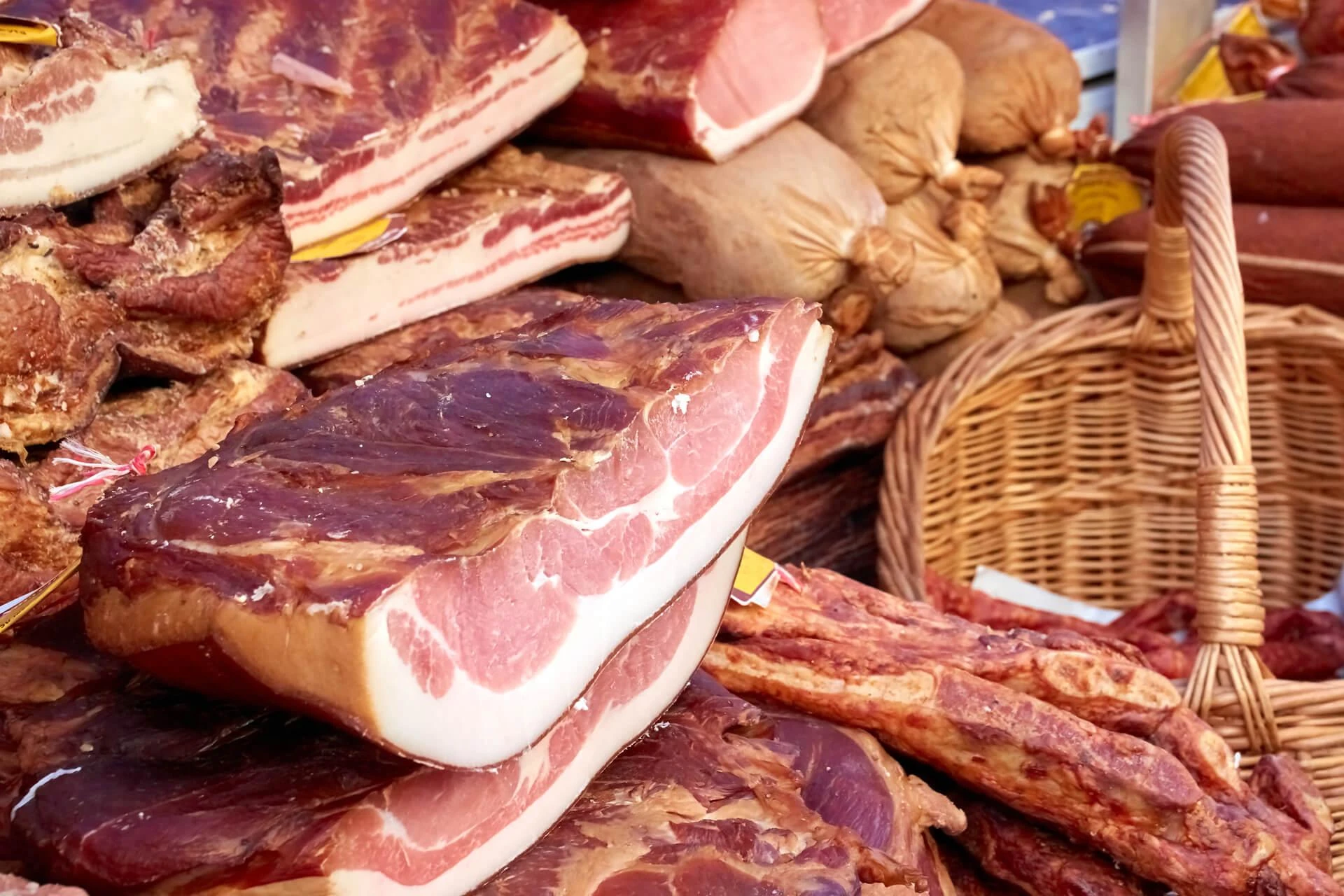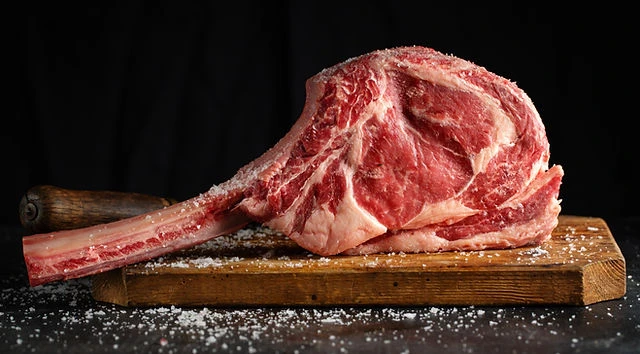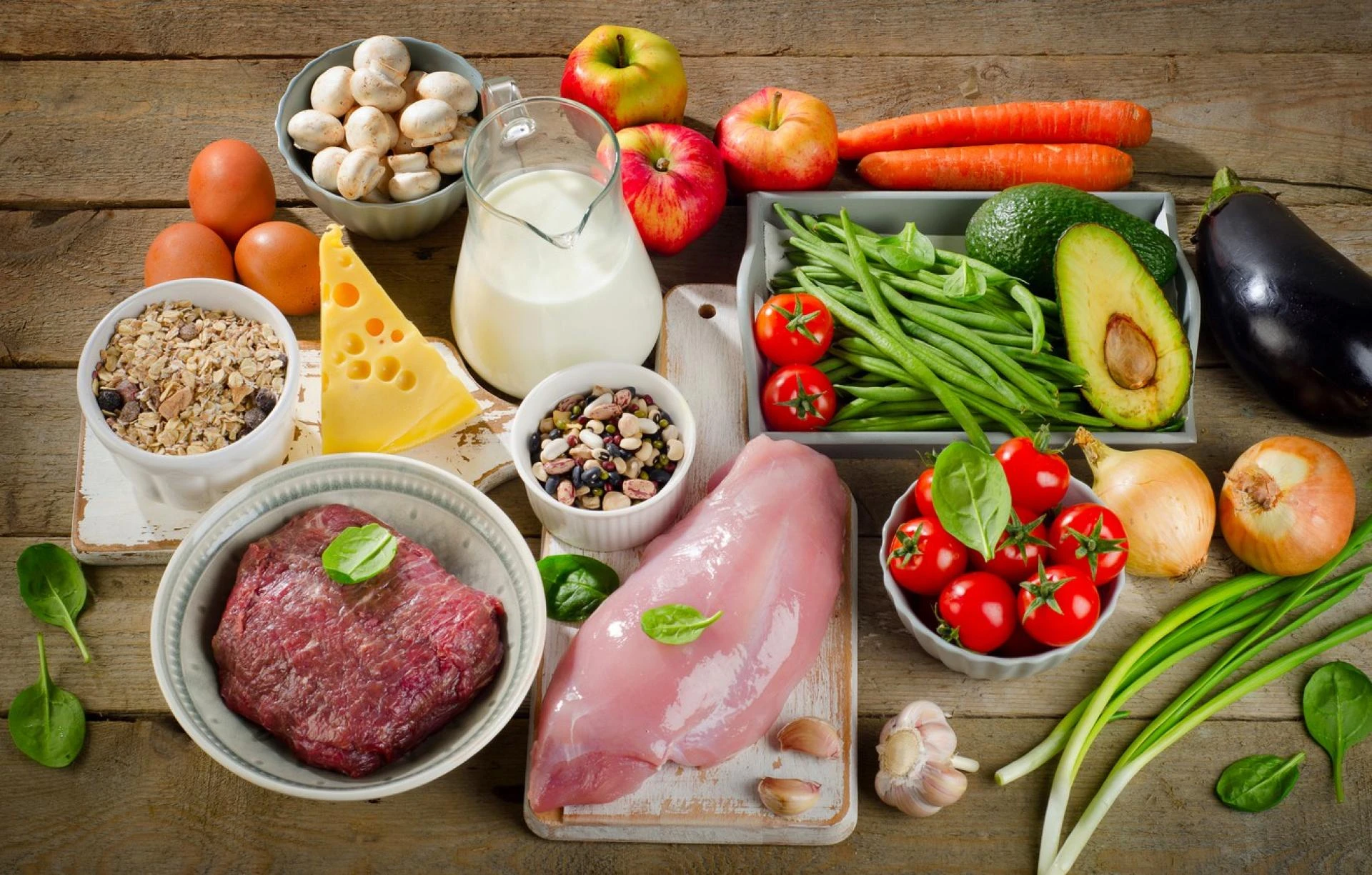Farmers fresh meat gives a completely unique culinary experience, with its rich flavors and healthy features. Sourced directly from neighborhood farms, this meat is frequently brisker, more nutritious, and free from some of the additives discovered in commercially produced meat. Here are ten delicious methods to prepare farmers fresh meat, every showcasing its precise characteristics and ensuring you\'re making the most out of this premium product.
1. Grilled Perfection
Selecting the Right Cut
Grilling is a classic and simple method to prepare fresh meat. Opt for cuts like steaks, chops, and ribs, which are best for grilling. Farmers fresh meat, with its rich marbling and natural flavors, benefits greatly from this method.
Marinating for Flavor
Marinating can enhance the taste and tenderness of the meat. Use a mix of olive oil, garlic, herbs, and a splash of vinegar or lemon juice. Allow the meat to marinate for at least a couple of hours, or in a single day for a more excessive taste.

Grilling Tips
Preheat your grill too much. Sear the beef on excessive warmness for a few minutes on every facet to fasten inside the juices, then decrease the warmth to medium to complete cooking. This approach ensures a crispy outdoors and a juicy interior.
2. Slow Cooking for Tenderness
Choosing the Right Cuts
Slow cooking is perfect for more difficult cuts like brisket, shoulder, or chuck. The long, slow cooking method breaks down the connective tissues, ensuing in soft, flavorful meat.
Preparing the Meat
Season the meat generously with salt, pepper, and your favored spices. Searing the beef in a warm pan earlier than gradual cooking can upload a depth of taste.
Cooking Process
Place the meat in a slow cooker with greens, herbs, and a liquid consisting of broth or wine. Cook on low for six-eight hours or until the meat is tender. This method requires minimal attempt but grants maximum flavor.
3. Roasting for Robust Flavor
Best Cuts for Roasting
Roasting is an excellent approach for larger cuts like complete chickens, red meat loins, or beef roasts. Farmers fresh meat benefits from this approach as it permits the herbal flavors to shine.
Seasoning and Preparation
Rub the beef with an aggregate of olive oil, garlic, herbs, and spices. Let it sit down at room temperature for about an hour earlier than roasting to make sure even cooking.
Roasting Techniques
Preheat your oven to an excessive temperature (around 450°F/230°C). Place the beef on a roasting rack and cook for about 20 minutes. Lower the temperature to 350°F (a hundred seventy five°C) and hold roasting till the beef reaches the preferred internal temperature.
4. Sautéing for Quick Meals
Ideal Cuts for Sautéing
Thin cuts like hen breasts, pork chops, and steaks are best for sautéing. This method is brief and retains the meat’s juiciness and taste.
Preparation Steps
Season the beef with salt, pepper, and some other preferred spices. Heat a small quantity of oil in a pan over medium-high warmth.
Cooking Process
Cook the beef for a few minutes on each side till it\'s far browned and cooked thru. Sautéed meat pairs nicely with quick-cooking greens and may be served over pasta, rice, or salad.
5. Braising for Deep Flavors
Choosing Braising Cuts
Braising is right for cuts like brief ribs, shanks, and brisket. The gradual, wet warmness technique permits the beef to come to be particularly soft and flavorful.
Preparation and Seasoning
Season the beef with salt and pepper, then sear it in a warm pan until browned on all facets. This step enhances the flavor.
Braising Method
Place the beef in a pot with vegetables, herbs, and a liquid together with broth, wine, or tomatoes. Cover and cook dinner on low warmness for numerous hours until the meat is gentle and the flavors are well evolved.
6. Pan-Seared Perfection
Best Cuts for Pan-Searing
Steaks, red meat chops, and hen breasts work properly with pan-searing. This method affords a crispy outside while maintaining the interior juicy.
Seasoning and Preparation
Season the meat with salt, pepper, and your favourite herbs. Let it come to room temperature before cooking.
Cooking Tips
Heat a small amount of oil in a heavy skillet over high heat. Sear the meat for a couple of minutes on each aspect till a golden crust paperwork. For thicker cuts, you may need to complete cooking inside the oven.

7. Smoking for Depth of Flavor
Selecting the Right Cuts
Larger cuts like brisket, ribs, and red meat shoulder are best for smoking. The gradual cooking manner infuses the beef with a smoky flavor that enhances its natural flavor.
Preparation and Seasoning
Rub the beef with a mix of spices and allow it to sit down for numerous hours or in a single day. This step allows the flavors to penetrate the meat.
Smoking Techniques
Set your smoker to a low temperature (round 225°F/a hundred and ten°C). Place the beef inside the smoker and prepare dinner for numerous hours until it\'s miles smooth and infused with smoky goodness.
8. Stir-Frying for Speed and Flavor
Ideal Cuts for Stir-Frying
Thinly sliced cuts like beef strips, bird breast, or red meat tenderloin are perfect for stir-frying. This technique is short and preserves the meat\'s tenderness.
Preparation Steps
Cut the meat into skinny strips and season with soy sauce, garlic, ginger, and a touch of sugar. Let it marinate for a short length.
Stir-Frying Technique
Heat a small amount of oil in a wok or massive skillet over high warmth. Add the beef and prepare dinner, stirring constantly, until browned and cooked thru. Stir-fried meat pairs properly with vegetables and noodles or rice.
9. Making Savory Stews
Best Cuts for Stews
Tougher cuts like chuck, spherical, and shank are ideal for stews. The gradual cooking manner tenderizes the beef and develops deep flavors.
Preparation and Seasoning
Cut the beef into bite-sized pieces and season with salt and pepper. Sear the meat in a warm pan until browned.
Stewing Method
Combine the meat with greens, herbs, and a liquid along with broth or wine in a large pot. Simmer on low warmth for numerous hours until the beef is tender and the flavors are properly combined.

10. Preparing Meat for Soups
Suitable Cuts for Soups
Bone-in cuts like bird thighs, red meat bones, and red meat necks are best for soups. The bones upload richness and intensity to the broth.
Preparation Steps
Season the meat and sear it in a warm pan. This step adds flavor to the soup.
Cooking the Soup
Combine the meat with vegetables, herbs, and water or broth in a massive pot. Simmer on low warmth for several hours until the meat is gentle and the broth is flavorful. Remove the bones before serving.
Conclusion
Farmers fresh meat offers unheard of flavor and first-rate, making it a pleasure to cook dinner with. Whether you decide on grilling, gradual cooking, roasting, or another approach, these ten instruction techniques will help you make the most of this premium ingredient. Enjoy experimenting with those strategies and have fun with the wealthy flavors of farmers fresh meat in your property-cooked meals.


